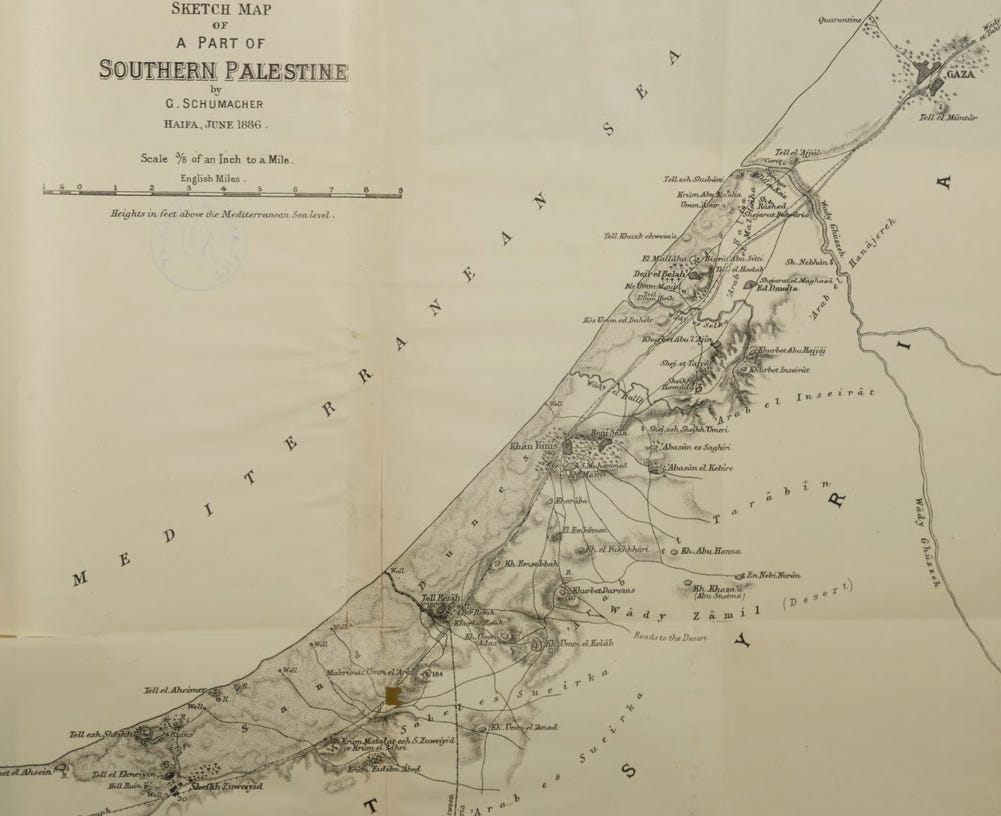Week signals: A sceptic’s guide to peace in Gaza
Plus: watch points for Japan, the US, Canada, the Indian Ocean, and the Nobel Prize.

Hello,
In this week’s edition of Week Signals:
IN REVIEW. A premature announcement, the merits of muddling through, and the normalisation of fragmentation.
UP AHEAD. A new leader for Japan, SCOTUS returns, Carney and Trump meet, drama in the monsoon belt, and award night in Oslo..
And don’t forget to connect with me on LinkedIn.
Week Signals is the Saturday note for clients of Geopolitical Strategy, also available to GD Professional subscribers on Geopolitical Dispatch.
The Week in Review: The day after the day after
The week began with Donald Trump announcing a new Gaza peace plan, backed by Arab states, and agreed by Benjamin Netanyahu. It ended with Trump declaring Hamas’s agreement and demanding an end to Israel’s strikes.
Yet look at the detail of Hamas’s statement, since posted on Trump’s Truth Social, and things are not as they seem. Releasing the hostages is fine, but – and there is always a but – Hamas must be included “within a comprehensive Palestinian national framework”, whatever that means. No sooner was this small problem identified than sources close to Netanyahu said the prime minister was “caught off-guard” by Trump’s claim of victory, and Pakistan’s foreign minister said the draft peace deal announced by Trump on Monday had been altered.
The art of the deal – hoodwinking antagonistic opponents into agreement by making them think they are getting something else – may have worked in 1980s Manhattan real estate, but as Trump and his sidekick Steve Witkoff have discovered, the Middle East is a little different. As we wrote a fortnight ago, the issue of peace in Israel has confounded empires for centuries. That Trump thinks he can solve the puzzle, in his words, “after 3000 years”, can be seen as hubris. That anyone believes him can only be seen as ignorance.
But worse than this, Trump’s hyping of an unworkable deal at both ends of the week has likely made it harder for more realistic solutions to emerge. It has also made Israel’s ongoing prosecution of the war, as will likely happen until such time as Hamas genuinely surrenders, even more diplomatically fraught. Already admonished by most of the world, including the ten Western states that formally recognised Palestine last month, Netanyahu’s government will look like the hold-out, seeking the perfect at the expense of the acceptable, and cynically manipulating a peace process to further its war aims.
Isolated, and with Jews around the world, from Manchester to Melbourne, targeted for a distant country’s policies, Israel is rapidly losing support even among its most stalwart defenders. Nearing the second anniversary of the October 7 terrorist attacks, a Pew research poll this week found that six in ten Americans have an unfavourable view of Israel’s government, with perceptions of Israelis themselves only a little better. Among Democrats, traditionally the party most associated with the Jewish community in the US, 48% have an unfavourable view of Israelis. For the Israeli government, the unfavourability is 77%, only exceeded by Hamas at 82%.
Still, and as those polls also show, it’s easy to be a critic. Trump, for all his plan’s faults, appears genuine about wanting to end the war, even if his reasons are to win a Nobel Prize or something else. No perfect mechanism, or combination of offers, likely exists that will satisfy all parties, while also accounting for the myriad injustices and acts of terror, current, recent and historic. Trust is low, and emotions are high. The best lack all conviction, while the worst are full of passionate intensity.
We are dealing less with a situation analogous to the Northern Ireland peace process, where in 1998 – a time of unipolarity, strong growth, EU integration, and Ronan Keating – London and Belfast signed the Good Friday accords, but something more analogous to Kashmir, which in May almost led to a nuclear exchange. Ideological extremists aren’t simply the ones fighting, but the ones who should be negotiating. The opponents aren’t evenly matched, leaving an emphasis on insurgency, asymmetric warfare and terror. The grounds being fought for are literally considered sacred.
But what could be a solution, and, more importantly, what is realistic? Is it simply a matter of waiting for Israel’s election in October next year, or for Hamas to be completely wiped out? Will peace be enforced via a blockade on both parties (as happens in UN-sanctioned African wars, where people don’t really care to understand the reasons or narratives)? How should businesses and investors expect the situation to play out, and what should they prepare for?


